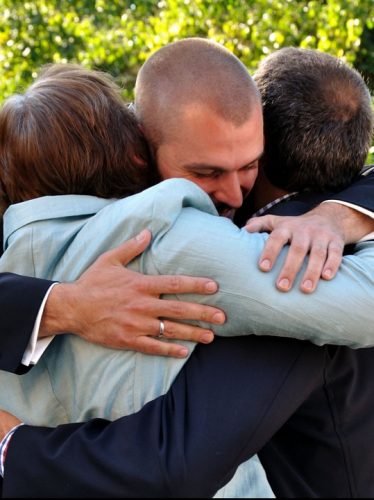I can’t speak for every teacher of CRE but I know that in my six years of teaching I found the students (grade 5 & 6) enjoyed the lessons and discussions and that the teachers were also very much onside as they saw the benefits of CRE teaching. The provision of a basic understanding of the Christian faith is beneficial to all students, and parents who don’t wish for their children to participate can opt out. I found that many parents were more than happy for their children to participate – children from different religious backgrounds or no religion at all.
Rather than Access Ministries overstepping the mark, the furor has the hallmark of yet another attack on Christian influence in the public square. And now here comes another one.
“Parents Victoria (“PV”) will be voting this Thursday and Friday at their AGM on a motion to remove Special Religious Instruction from schools. The motion originates from, and has already been passed by, the teachers’ union, Victoria Branch of the Australian Education Union. If it passes at PV, then the PV Executive will support the teachers’ union and lobby for the removal of SRI as well.” – That was the correspondence sent out recently by Parents Victoria.
The Motion that will be voted on reads as follows: “Parents Victoria endorses the motion passed by the Victoria Branch of the Australian Education Union May 13, 2011, and joins our teachers in calling for Special Religious Instruction to be moved outside of the normal school day by directing the Parents Victoria Executive to lobby to move SRI outside the compulsory school day.” That is, that CRE or SRI would be an afterschool activity much like singing, dancing and some sports.
Part of the reasoning for such a move is that schools are secular and so no religion should be taught. It could also be seen to be unfair to people of different religions – even though over 61% of Australians still classify themselves as Christian compared to non-Christian religions at 7.2% and those who don’t identify with any religion at 31.7%. But it just seems that there are some people with an anti-Christian agenda who want us all out of the school system no matter what.
The bizarre twist in this latest move against CRE is that there is another motion being put forward at this AGM. This states: “That Parents Victoria lobbies the Department of Education for all government schools to receive specific funding to allow them to provide expert continuing Cybersafety programs to their students and parents.” While I’m all in favour of education for Cybersafety it strikes me as shortsighted that Parents Victoria seem to fail to see the inconsistency. Instead of trying to remove Christianity from our schools they should instead embrace it because the basic tenets of the Christian faith lead a person to lead a moral life and be loving and kind to others – qualities, I would have thought, would go along way to increasing the effectiveness of Cybersafety for our precious children.






